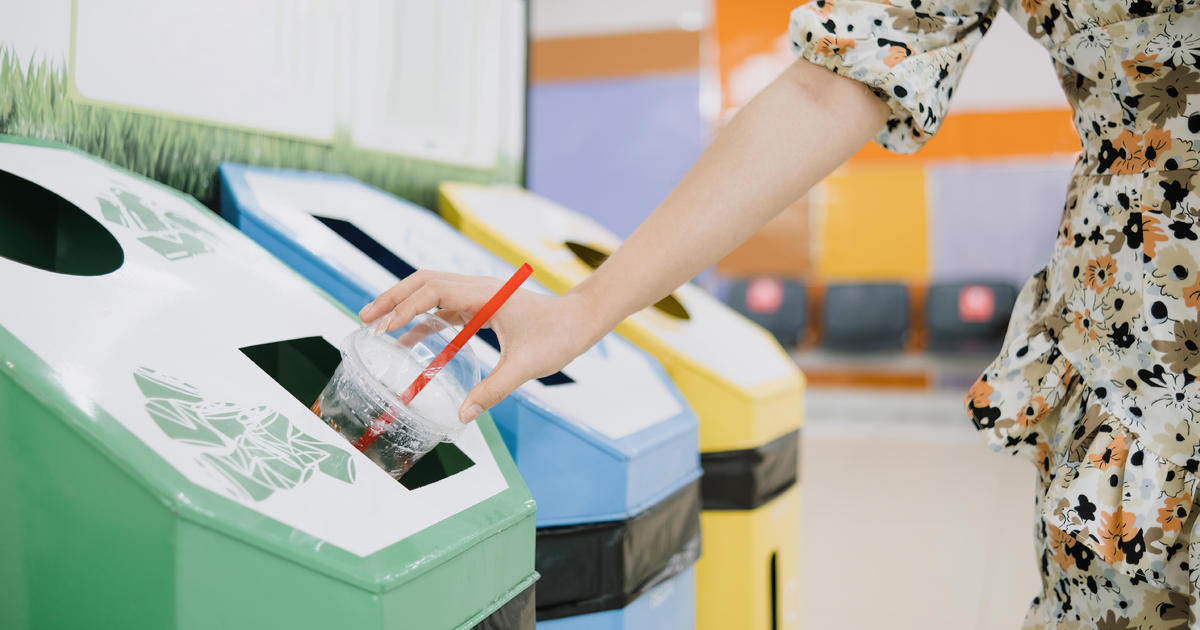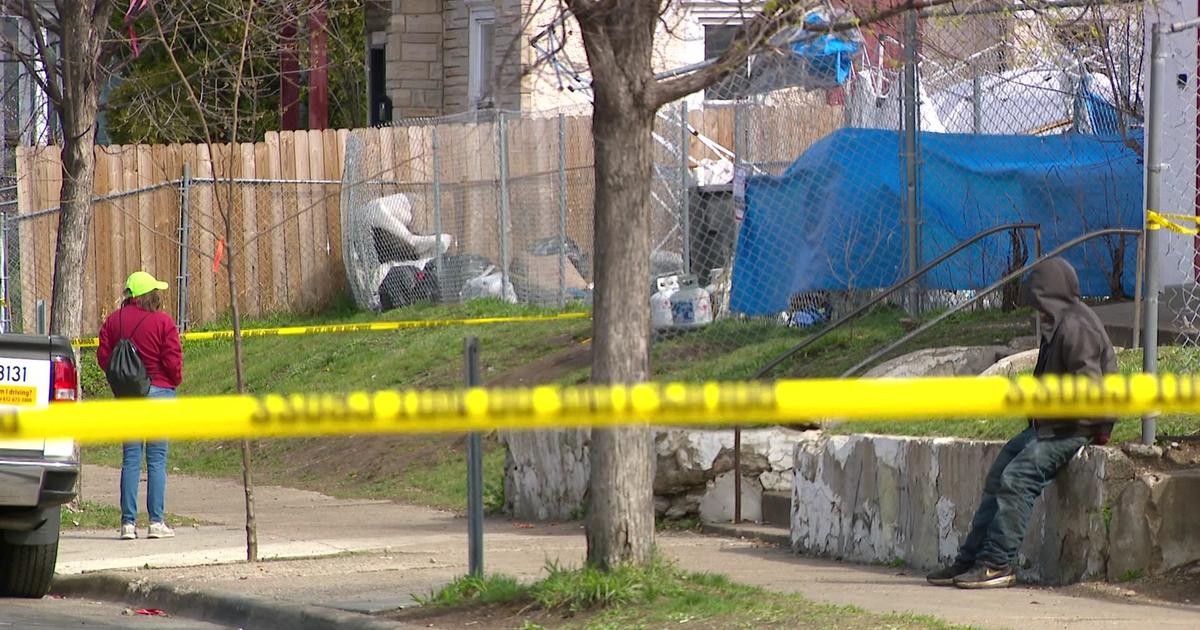Good Question: Where Does Our Drinking Water Come From?
MINNEAPOLIS (WCCO) - On Wednesday, the Environmental Protection Agency's administrator, Gina McCarthy, visited the Twin Cities. She toured the St. Paul Regional Water Services Treatment Plant to highlight the importance of protecting the streams and wetlands that provide drinking water to a third of all Americans.
Before her tour, McCarthy spent some time with WCCO, chatting about the sources of our drinking water. She said these days most people probably don't know where their water comes from, where sewage flows or even where their trash goes once they throw it out.
"One of the challenges we have today that we didn't have before is that we don't have the connection to nature that we used to have," she said. "If we don't close that loop and educate people about how we can live safely in concert with our environment, we are losing huge opportunities."
Here in Minnesota, we get our water from a number of different local sources. We might be the Land of 10,000 Lakes, but most of our water comes from rivers and groundwater.
According to the Minnesota Department of Health, 20 percent of Minnesotans use private wells. The other 80 percent use public water.
Of that public water, about 60 percent comes from under the ground.
Most suburbs gets their water from wells in aquifers, which is water-bearing soil or rock. According to the Metropolitan Council, there are nine aquifers in the Twin Cities metro. The most productive is the Prairie du Chien aquifer.
The other 40 percent of public water is from surface sources. Moorhead takes from the Red River and Duluth gets its water from Lake Superior. The cities of Minneapolis, New Hope, Crystal, Golden Valley, Columbia Heights, St. Paul and St. Cloud all draw from the Mississippi River. Across the country, 18 million people get their drinking water from the Mississippi.
"We thought about it all the time up north because your well runs dry," said one Minnetonka man, "But when you live in the cities, you take for granted your water comes out of your faucet, and it's a miracle that it gets there."
McCarty said the EPA is always looking for ways to work with cities and communities on how to keep water local. She said conservation technologies, like using rainwater to water our gardens, have advanced significantly since the 1970s.
"We need to make sure we're getting the most out of the drinking water and clean water that we have, but we need to recycle it," she said. "We need to stop thinking about wastewater as waste, and [start] thinking about it as a whole system, so we can protect ourselves in a changing climate and keep costs low for consumers as well."



